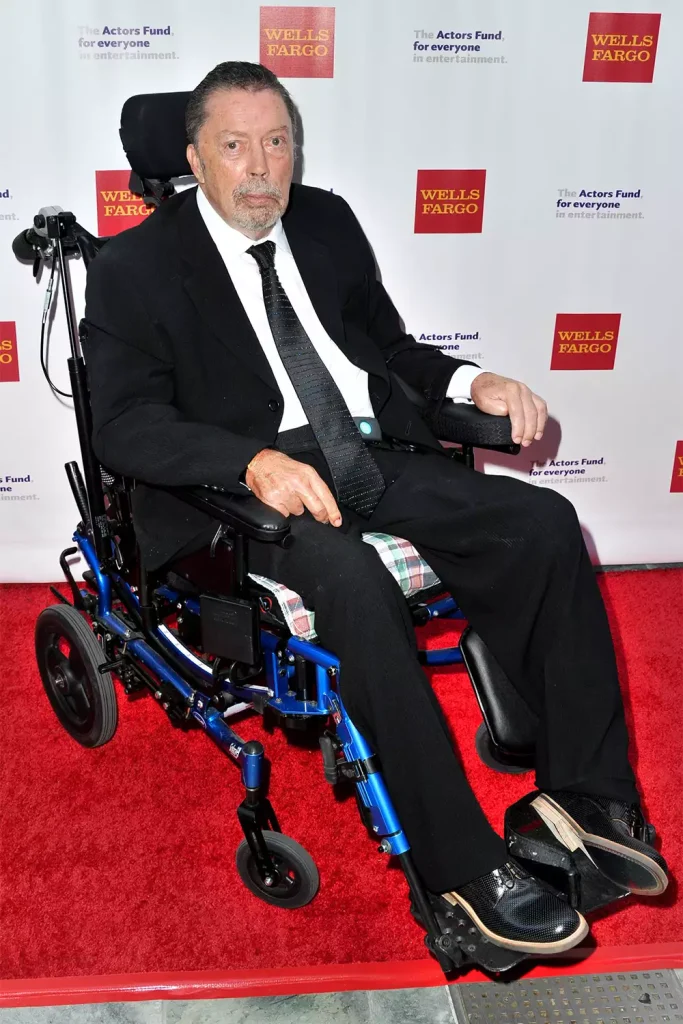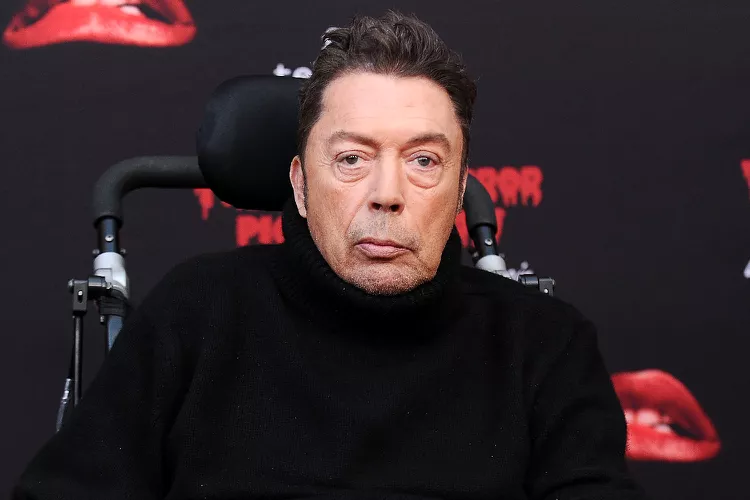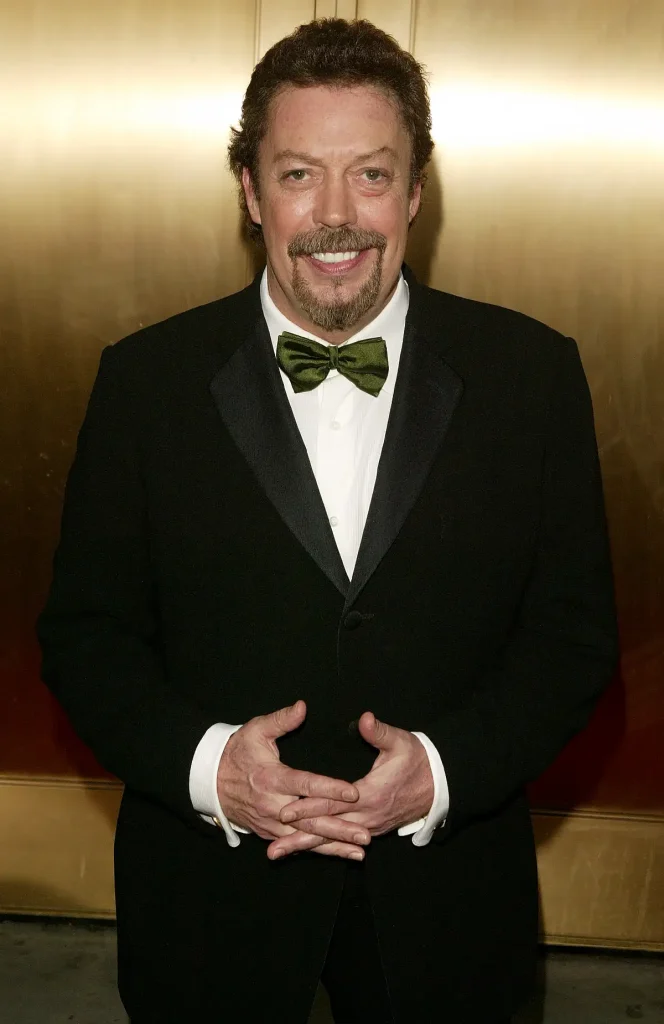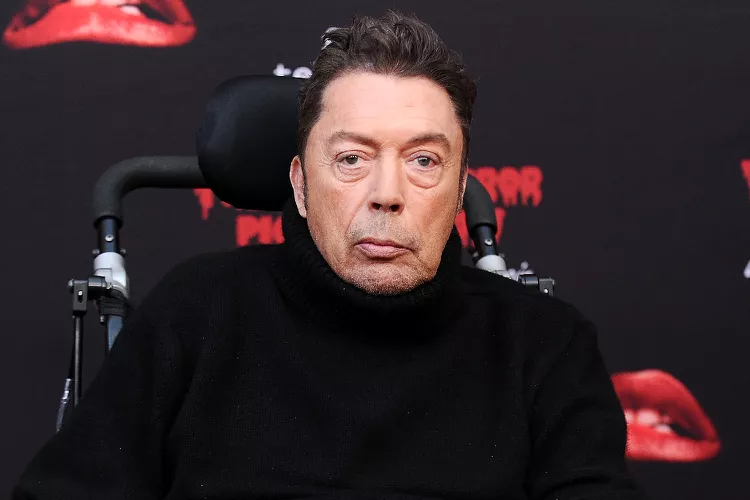Tim Curry Credits His Masseur for Saving His Life by Calling 911 Against His Wishes During His Near-Fatal 2012 Stroke — “It Was Peculiar, but It Saved Me”
Tim Curry is finally opening up about one of the most defining and terrifying moments of his life. The acclaimed actor, beloved for his legendary performances in The Rocky Horror Picture Show and It, has shared a deeply personal story about the stroke that nearly took his life in 2012 — and how a single, instinctive act from someone else made all the difference.

Now 79, Curry recounts the harrowing experience in his new memoir, Vagabond, reflecting on the day everything changed. He was in his mid-60s, enjoying what seemed like a routine day at home, when suddenly his body betrayed him. “I was having a massage when it happened,” Curry recalls. “It was very peculiar — and not for the reasons one might assume.” The moment started quietly, almost deceptively so. Then came the telltale symptoms that something was terribly wrong: disorientation, slurred speech, and paralysis beginning to take hold.

His masseur, who had known him for years, instantly sensed something was wrong. Despite Curry’s insistence that he was fine — even protesting against calling for help — the masseur made a decision that would save his life. “I told him not to call anyone,” Curry writes. “But he ignored me. He called 911 anyway.” That single choice would prove crucial. Paramedics arrived quickly and rushed Curry to the hospital, where doctors determined he had suffered a severe stroke. The quick response meant the difference between life and death.

In Vagabond, Curry expresses deep gratitude for his masseur’s disobedience that day. “He went against my wishes, and thank God he did,” Curry shares. “Had he listened to me, I wouldn’t be here to tell the story.” The actor’s stroke left him partially paralyzed and dependent on a wheelchair, marking the beginning of a long and grueling recovery.
While the aftermath was difficult, Curry says he never lost his will to live or his sharp sense of humor. In public appearances since the stroke, he has shown the same grace and wit that made him a cult favorite among fans for decades. Whether offering sly remarks during interviews or appearing at fan conventions, Curry remains fiercely resilient — a living reminder that strength often hides behind humility and humor.

“Life changes in an instant,” he reflects in his memoir. “What you think you control can vanish, and what you resist might just save you.” For Curry, that moment of surrender came when someone else took control — when care triumphed over pride. It’s a lesson that resonates far beyond the world of Hollywood.
His recovery was not easy. Years of physical therapy followed, along with moments of frustration and doubt. But even as he adjusted to life in a wheelchair, Curry refused to let his career or identity fade. He continued to work, lending his iconic voice to animated series, video games, and narration projects. Fans often remark that his performances carry a deeper emotional weight now — perhaps a reflection of the life experience that nearly ended but didn’t.
Friends and colleagues describe Curry as remarkably grounded and kind, even after his ordeal. “He has this calmness about him,” one longtime collaborator said. “You can tell he’s been through something profound, but he carries it with grace.”
More than a decade later, Tim Curry continues to inspire those who followed his career and those who have faced their own battles with health or adversity. His story is not just about survival — it’s about gratitude, courage, and the unexpected heroes who appear when life takes an unthinkable turn.
As he writes in Vagabond, “We all think we know how we’d react when everything falls apart. But sometimes, salvation comes from the person who refuses to listen when you say, ‘Don’t call for help.’”



